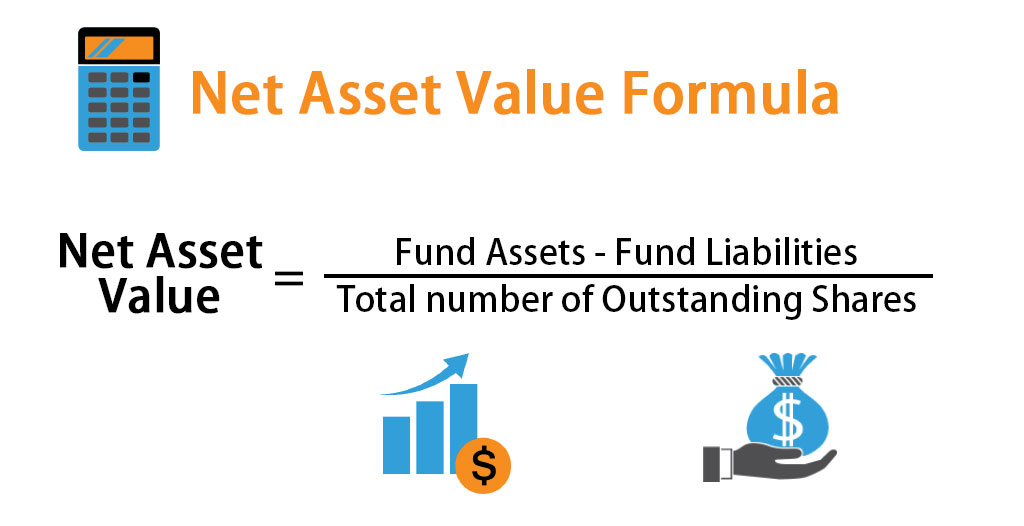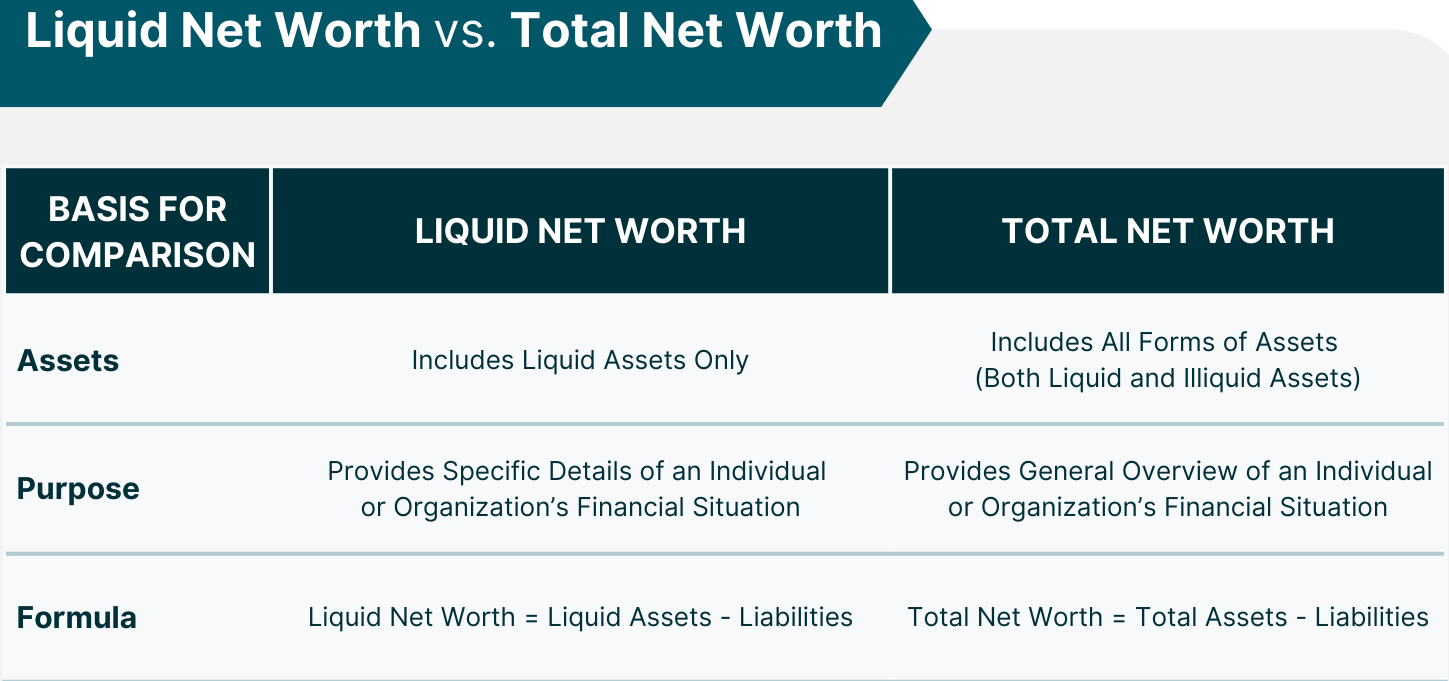Recurring Deposit (RD)
Recurring Deposit (RD) A recurring deposit (RD) is a type of term deposit offered by banks and financial institutions that allows individuals to save a fixed amount of money regularly over a predetermined period. Features of Recurring Deposits: 1. Regular Savings: RDs are ideal for individuals who want to save a fixed amount of money… Read More »









